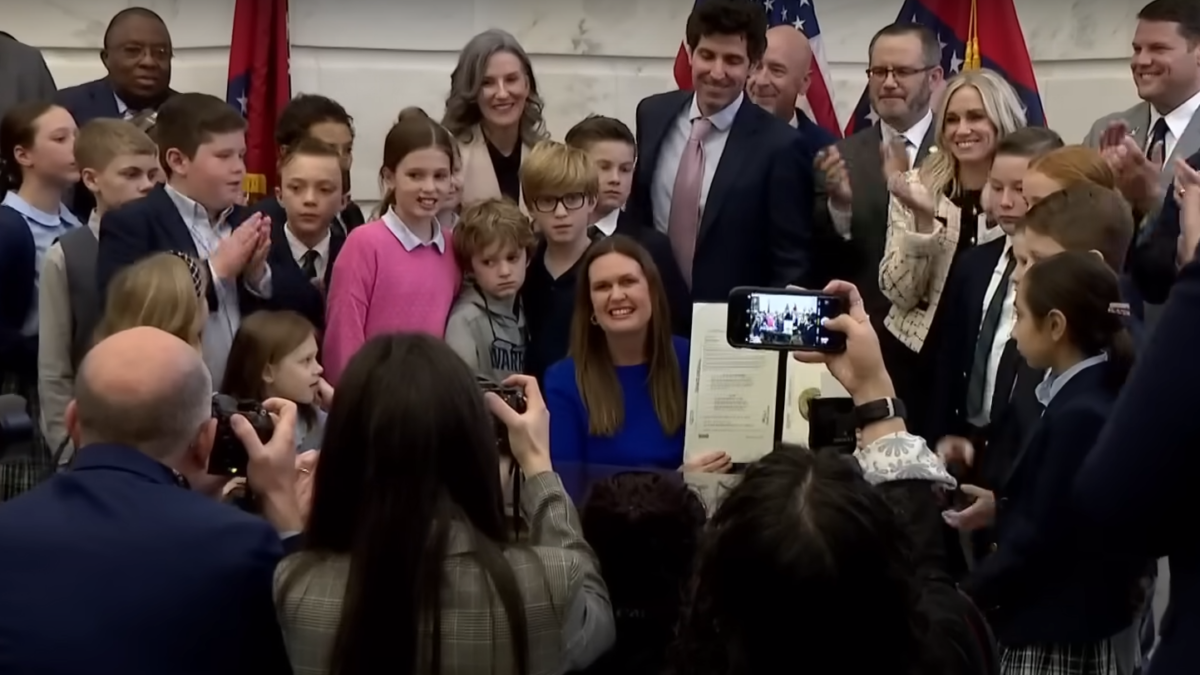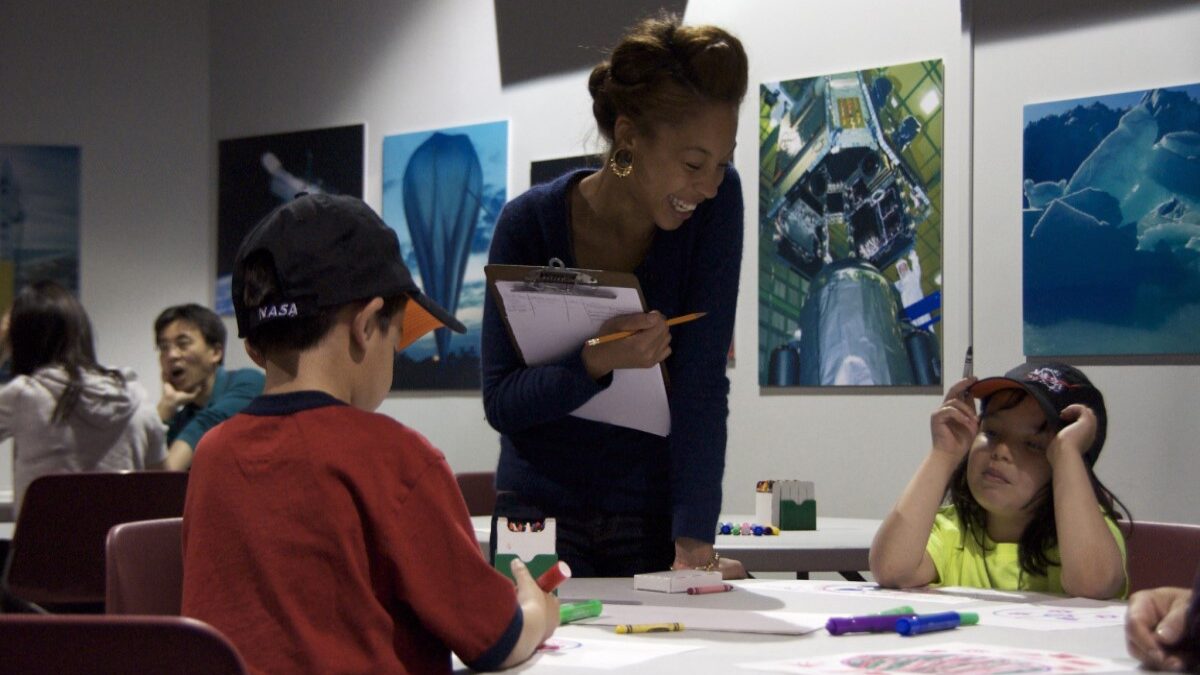
“My scores are in!” I exclaimed to my dad, “The scores that will decide if I’m a good teacher!”
“When did you take the test?” he asked. I explained that I did not take the test — my students did. Each spring, New Mexico students in grades 3-11 take an assessment produced by the Partnership for Assessment of Readiness for College and Career (PARCC), a federally funded Common Core testing organization. Over two weeks, they are tested in math and language arts.
As fifth graders, my students had three sessions of math and three of language arts, all taken on a computer. Multiple choice answers were scored automatically, but the many written portions had to be evaluated by human graders before preliminary scores became available to teachers and administrators in late June. After being finalized, students’ results will be available for families to view, and factored into their teachers’ state evaluations, by about September. This is after the students have moved on to the next grade, even though PARCC was supposed to end that typical delay.
Some teachers argue that using student test scores as a measure of teacher effectiveness is unfair, because it does not consider many of the numerous factors that affect academic progress. At my school and many with similar demographics, most students live in poverty. When families are dealing with domestic abuse, foster care, immigration issues, and housing, education tends to take a lower priority. Students may miss school nearly once a week, amounting to numerous absences over the course of the school year. Some complete no homework all year.
Most of our students do not have parents who have been reading to them daily since they were born, nor school supplies and a quiet, safe study area at home and other seemingly basic advantages from which other children benefit. Despite all of this chaos, our state evaluations are based on the expectation that our students will make the same academic growth from year to year as students from privileged backgrounds usually do.
People dispute the validity of the test, suggesting that it is not an accurate representation of student knowledge and ability. A computer-based test cannot measure every component of a child’s education, and results rely heavily on the assumption that the student was rested and healthy that day and tried his or her hardest.
Additionally, the test has many portions that require the student to input a written response. My students received instruction from our technology teacher in the computer lab for 45 minutes each week and used laptops and iPads frequently in the classroom, but still, the majority of their written work was handwritten in a notebook. The ability to type fluidly, remembering how to capitalize letters and where the punctuation keys are located, is no small task for students as young as third grade.
Both of these are valid complaints, but neither addresses the biggest issue with the PARCC test and perhaps with public education in general. The reality is that while my students were encouraged to do their best and some may have even been nervous about the test, all of them are moving on to sixth grade this fall. Failing to meet expected growth targets does not affect them in any real way, and they and their families know it.
Reminding my students during a lesson that this was an important skill to practice for PARCC did little to increase their motivation. In elementary school, grades are also of little concern to many students and families. Whether students have straight As or numerous Fs on their final report cards, they generally move to the next grade.
The test that largely determines whether I am an effective educator and whether I should keep my job is taken by students who have little extrinsic incentive to learn the material throughout the year and little or no self-interest in scoring high on the test. Their parents and families also have nothing to gain by ensuring they are well rested and on time the day of the test. All of the responsibility for a student’s academic success falls on his or her teachers.
This is not only an unfair burden for teachers to carry, it also takes responsibility away from students for their own success, and sets them up for failure as they get older. A student does not have to successfully complete the requirements of fifth grade nor pass the fifth grade PARCC test to advance to middle school. In middle school, he can fail a class or two and still be promoted to the next grade.
After being passed on year after year, the student will be in for a rude awakening when he reaches high school and realizes that if he fails too many ninth grade courses, he will have to retake and pass them to be considered a sophomore. He will not automatically graduate from high school just for being enrolled in school, but will have to pass a certain number of classes. Waiting until a student is 14 years old to teach this lesson is ridiculous.
How would parents’ and students’ attitudes about school change if they knew that the child had to pass this test to advance to the next grade level? And what if students who have an Individualized Education Program (IEP), meaning they have qualified for special education services, also had to meet a growth target set in advance by the IEP team?
If students are to continue to take a comprehensive test at the end of the school year, and if growth demonstrated by this test is to influence teachers’ evaluations, then the responsibility for students’ scores must be shared among teachers, parents, and students.









